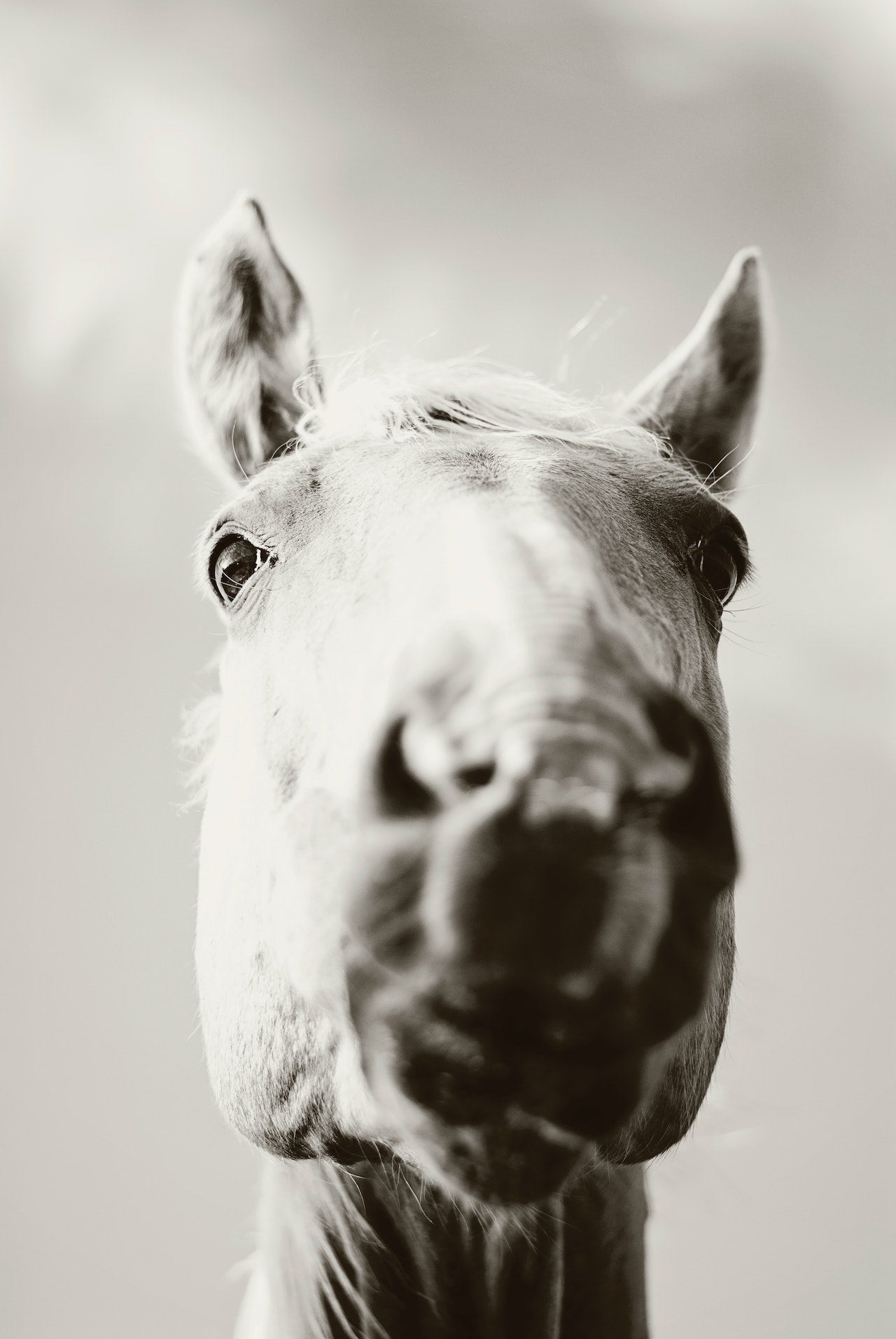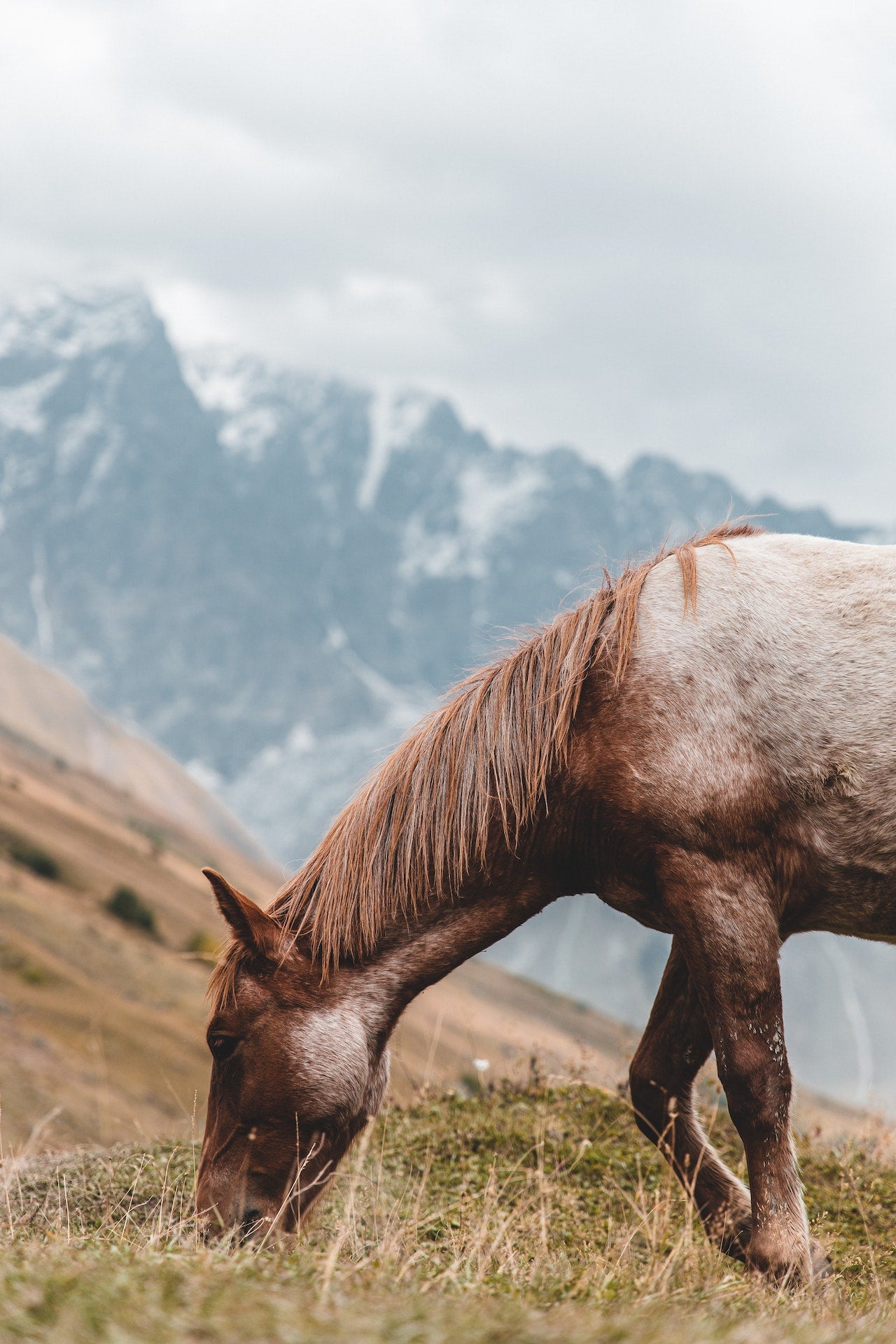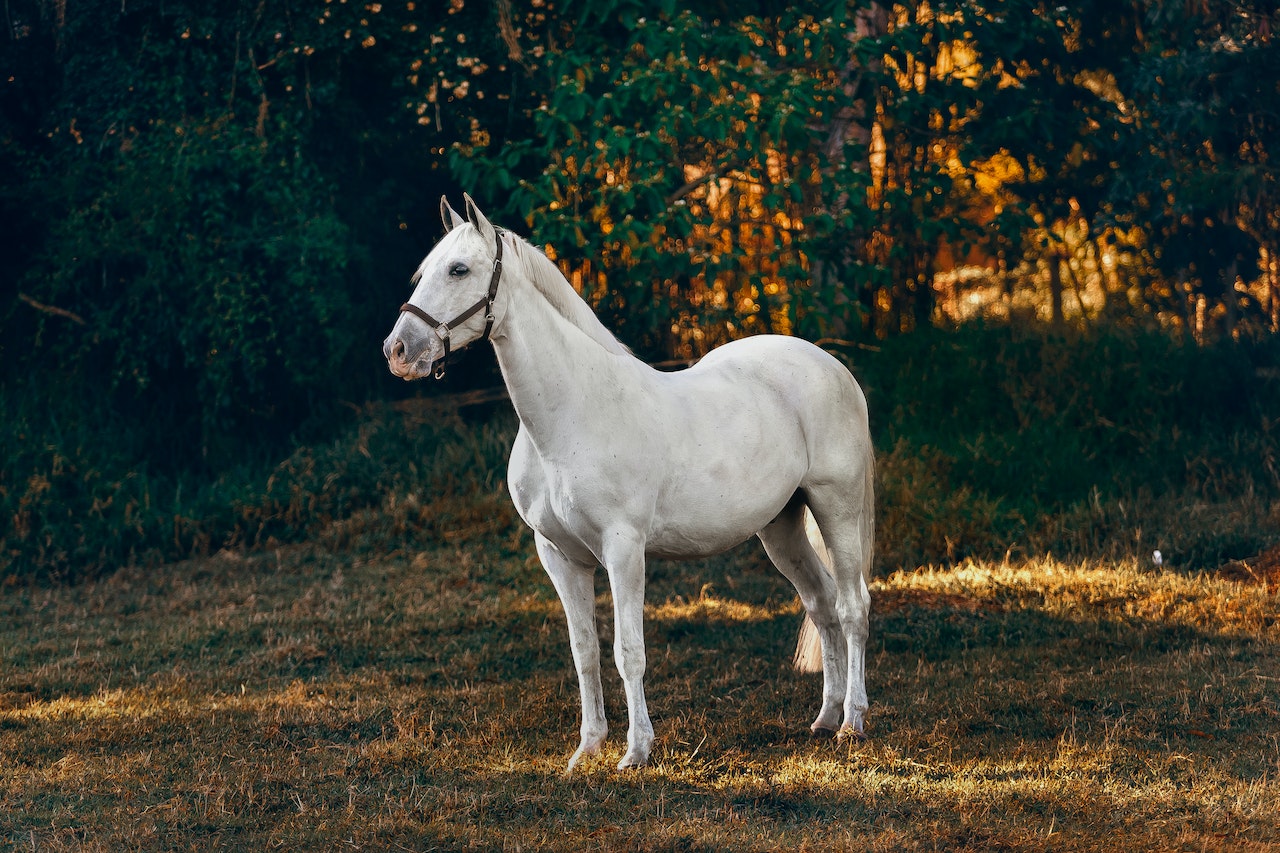
Rooting for Nutrition: The Benefits of Turnips in Horse’s Diet
As we gallop through the realm of equine nutrition, we frequently look for fresh approaches to improve the health and well-being of our horses. One common root vegetable, the turnip, has been attracting attention for its possible advantages among the plethora of available feed alternatives. Turnips possess a hidden vitality that may completely alter your horse's diet, even if they lack the majesty of oats or the grace of alfalfa.
Turnips are more than simply a delight for our equine companions because of their earthy flavours and crisp textures. Turnips add a unique twist to the conventional horse diet since they are a rich source of fibre, vitamins, and minerals. Turnips may take your horse's diet to greater heights by promoting digestive health and offering a range of essential nutrients. However, caution is necessary with any dietary modification.
We look into the fascinating topic of feeding turnips to horses in this article. We will discuss their nutritional worth, the benefits they provide, and the issues involved in including them in your horse's feed. As we explore the secret jewels concealed beneath these plain roots, get ready to be astounded.
Can Horses Eat Turnips?
Yes, horses can eat turnips. Horses may consume turnips in moderation without any adverse effects. They are a good source of fibre, vitamins, and minerals which improve horses’ health. They can be a supplement or reward in a horse's diet, but they shouldn't account for a large component of their regular dietary requirement.

Turnips
Root vegetables known as turnips (Brassica rapa) are members of the cruciferous family. They have been raised for many years and are valued as a food source and culinary element. The distinctive feature of turnips is their bulbous form. They are often white or yellowish in colour, with a purple or crimson upper region where they had exposure to sunlight. They taste pleasantly sweet and earthy and have a solid, crunchy texture.
Turnips' nutritional profile is one of its remarkable features. They are a good choice for individuals looking to maintain a healthy diet because they are low in calories and fat. Dietary fibre, which supports a sensation of fullness and assists in digestion, is abundant in turnips. In addition, they supply several B vitamins, including folate, vitamin C, vitamin K, and other necessary vitamins. Turnips also include minerals including calcium, manganese, and potassium.
The Benefits of Feeding Turnips to Horses
Rich in Fibre
Dietary fibre, which is essential for preserving healthy digestion in horses, can be found in turnips. Adequate fibre consumption encourages feeling full, maintains healthy gut function, and helps prevent digestive problems like colic.
Low in Calorie
Turnips provide fewer calories than several other types of horse feed. Turnips can be a beneficial addition to the diet for horses that need to regulate their weight or are at risk for obesity without consuming too many calories.
Provides Essential Vitamins and Minerals
A variety of necessary vitamins and minerals are present in turnips. They are especially high in vitamin K, which helps with good blood clotting, and vitamin C, which strengthens the immune system. Additionally, there are minerals like potassium, manganese, and calcium that support healthy bones, muscles, and electrolyte balance.
Hydration Support
Due to their high water content, turnips can help a horse stay hydrated. In hot weather or during strenuous exercise, when horses may need extra hydration assistance, this can be extremely helpful.
Natural Treat Option
In place of manufactured or sweet horse treats, turnips provide a nutritious reward. They provide a healthy and natural reward for exercise, socialising, or as a special treat.
Considerations When Feeding Turnips to Horses
Quantity and Moderation
Turnips can be a good source of nutrients, however, you should feed them to your horses moderately. Turnips, or feeding a particular food item in excess, can upset a horse's digestive tract or cause nutritional imbalances.
Washing and Preparation
It is essential to wash and clean turnips well before giving them to horses. Trim the tops and tails, then clean up any dirt or debris. By doing this, the turnips are guaranteed to be clean and healthy for your horse to eat.
Gradual Introduction
It is best to introduce turnips to your horse's diet gradually if you are doing so for the first time. Start slowly and evaluate your horse's reaction. A slow introduction enables you to keep an eye out for any negative reactions.
Balanced Diet
Turnips have to be taken into account as a component of a balanced diet for horses. They shouldn't take the place of other important components including high-quality forage, cereals, and other vitamins.
Individual Considerations
Consider your horse's special nutritional requirements, medical issues, and any known sensitivities or allergies. It's crucial to customise a horse's diet since certain animals may have nutritional needs or require a customised feeding schedule.
Professional Guidance
A veterinarian or equine nutritionist should always be consulted before making any substantial dietary modifications for your horse. They may offer advice on serving sizes, feeding schedules, and how to make sure your horse's particular dietary needs are being addressed.
The Risks of Feeding Turnips to Horses
Oxalate Content
Turnips contain oxalates, just like other cruciferous vegetables. Oxalates can combine with calcium to generate calcium oxalate crystals, which in certain horses may promote the growth of kidney or urinary tract problems. Before adding turnips to your horse's diet, check with a veterinarian if they have a history of urinary tract issues.
Digestive Upset
Certain sensitivities or increased sensitivity to dietary changes may exist in some horses. Turnips may cause digestive discomfort, such as diarrhoea or colic, if introduced suddenly or when consumed in excessive numbers.
Allergies
Although turnips are often taken well by horses, there is a chance that they may cause allergic responses. Turnips should not be fed if you see any symptoms of an allergic response, including hives, swelling, or trouble breathing. Instead, contact a veterinarian.
Nutritional Imbalance
While turnips provide a variety of nutrients, they shouldn't be your horse's only source of food. Relying primarily on turnips without taking into account your horse's total nutritional requirements may cause deficits or imbalances.
Other Alternative Supplements
Carrots
Horses can eat carrots, which are a common and accessible alternative. They are abundant in fibre, antioxidants, and vitamin A.
Apples
Apples, which also include fibre, vitamins, and minerals, are a favourite among horses and offer a natural sweetness. However, because they contain sugar, they should only be used in moderation.
Beet Pulp
A by-product of sugar beet processing, beet pulp is frequently utilised as a source of fibre in horse diets.
Squash or Pumpkin
Because they are rich in fibre and low in sugar, squash and pumpkin are good choices for horses.
Leafy Greens
Small quantities of leafy greens like spinach, kale, or lettuce can be beneficial for horses.
Concluding Words
Turnips may give diversity to a horse's feeding schedule and provide nutritional advantages to their diet. Turnips are a good source of fibre, vitamins, and minerals. However, it's important to take possible hazards into account. Keep an eye on how your horse reacts when turnips are introduced.



